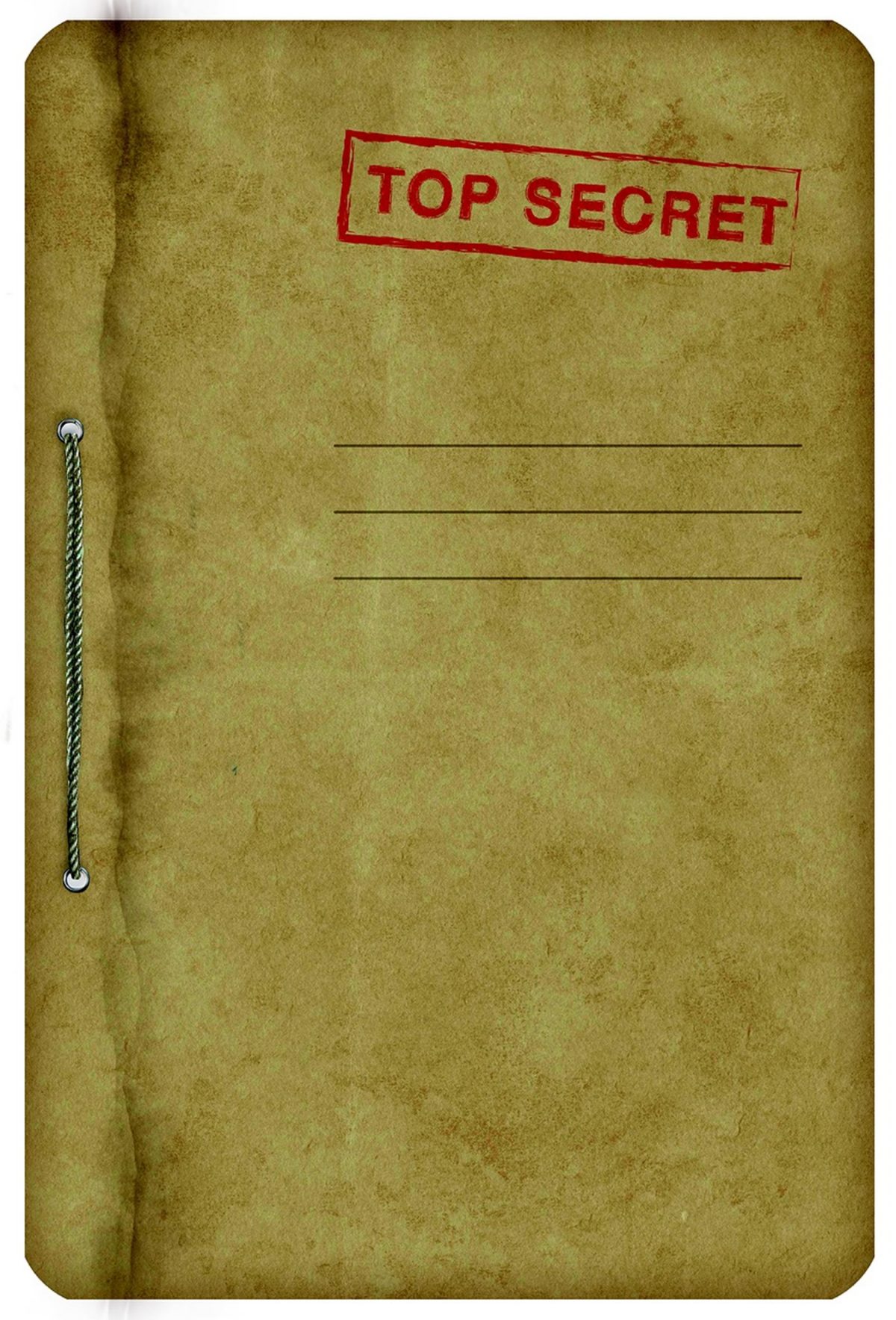“Down is up, up is down. Good is Wicked, Wicked is Good. The times are changing. This is what Oz has come to.”
As we have discussed, the Report issued by Special Counsel Robert Hur states “[o]ur investigation uncovered evidence that President Biden willfully retained and disclosed classified materials after his vice presidency when he was a private citizen.” Nonetheless, Hur concludes that “the evidence does not establish Mr. Biden’s guilt beyond a reasonable doubt.”
In our last article, we examined one of the grounds for Hur’s decision not to recommend prosecution of Joe Biden; his finding that “at trial, Mr. Biden would likely present himself to a jury, as he did during our interview of him, as a sympathetic, well-meaning, elderly man with a poor memory. Based on our direct interactions with and observations of him, he is someone for whom many jurors will want to identify reasonable doubt. It would be difficult to convince a jury that they should convict him – by then a former president well into his eighties – of a serious felony that requires a mental state of willfulness.”
Today, we analyze Hur’s decision to exonerate Biden despite the evidence for the President’s willful retention of classified materials while not in office.
As described in Chapter 11 of the Report, “[i]n a recorded conversation on February 16, 2017, at Mr. Biden’s rental home in Virginia, Mr. Biden told Mark Zwonitzer (a writer working with Biden) that Mr. Biden had ‘just found all the classified stuff downstairs.’ According to what Mr. Biden told Zwonitzer, ‘all the classified stuff’ related to President Obama’s 2009 decision to surge American troops to Afghanistan, and to a pivotal moment when Mr. Biden sent President Obama his handwritten Thanksgiving memo opposing the troop surge. Photos of the Virginia home show that the lowest level ‘downstairs’-where Mr. Biden told Zwonitzer he had ‘just found all the classified stuff’-included rooms that Mr. Biden used as work and storage spaces.” (Citations omitted.)
Hur goes on to claim that “Mr. Biden could have found the classified Afghanistan documents at the Virginia home in 2017 and then forgotten about them soon after.” Hur justifies this amazing assertion with his finding that “Mr. Biden’s memory…appeared to have significant limitations…[i]n his interview with our office, Mr. Biden…did not remember when he was vice president [and forgot]…when his son Beau died.”
Hur admits that the “best case for charges would rely on Mr. Biden’s possession of the Afghanistan documents in his Virginia home in February 2017. when he was a private citizen and when he told his ghostwriter he had just found classified material.” However, in addition to the ludicrous “maybe he forgot” defense, Hur finds further reasons to decline to prosecute Biden for this allegation.
According to Hur, “[w]hen Mr. Biden told his ghostwriter about finding ”all the classified stuff downstairs,’ his tone was matter-of-fact. For a person who had viewed classified documents nearly every day for eight years as vice president, including regularly in his home, finding classified documents at home less than a month after leaving office could have been an unremarkable and forgettable event.”
Hur continues in this nonsensical vein; “Another viable defense is that Mr. Biden might not have retained the classified Afghanistan documents in his Virginia home at all. They could have been stored, by mistake and without his knowledge, at his Delaware home since the time he was vice president, as were other classified documents recovered during our investigation. This would rebut charges that he willfully retained the documents in Virginia.”
But didn’t Biden himself say to Zwonitzer that he found the “classified stuff” in the basement of that same Virginia home? Hur has a preposterous answer for that question; “[J]urors may hesitate to place too much evidentiary weight on a single eight-word utterance to his ghostwriter about finding classified documents in Virginia, in the absence of other, more direct evidence…no witness, photo, email, text message, or any other evidence conclusively places the Afghanistan documents at the Virginia home in 2017.”
As if this analysis wasn’t incredible enough, Hur adds that “[i]n addition to this shortage of evidence, there are other innocent explanations for the documents that we cannot refute. When Mr. Biden told his ghostwriter he ‘just found all the classified stuff downstairs,’ he could have been referring to something other than the Afghanistan documents.”
The report concludes tomorrow
Illustration: Pixabay
